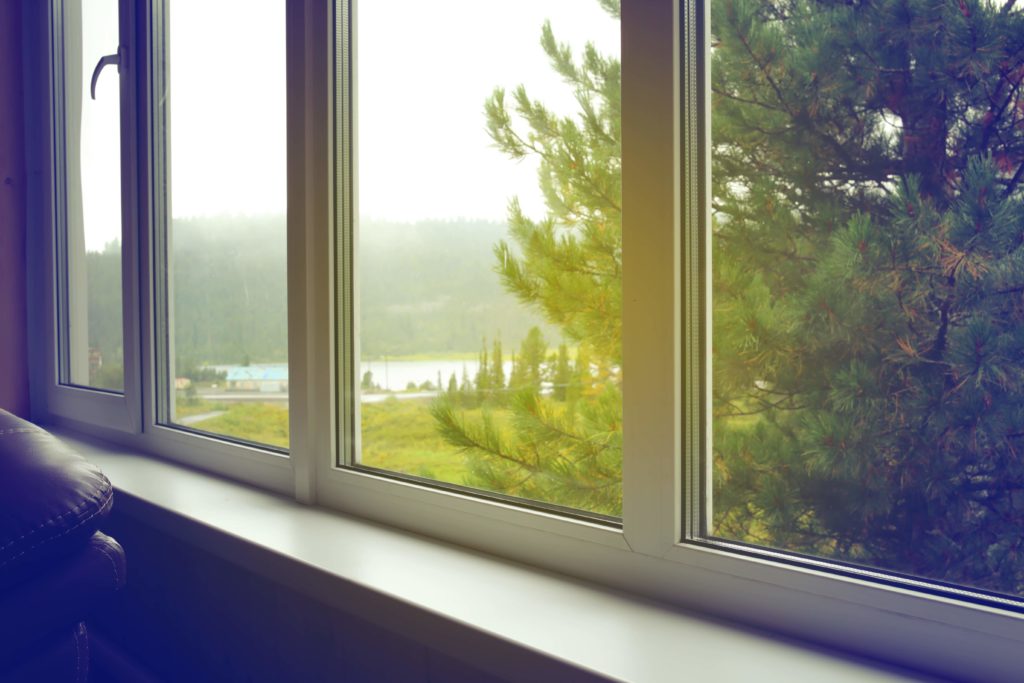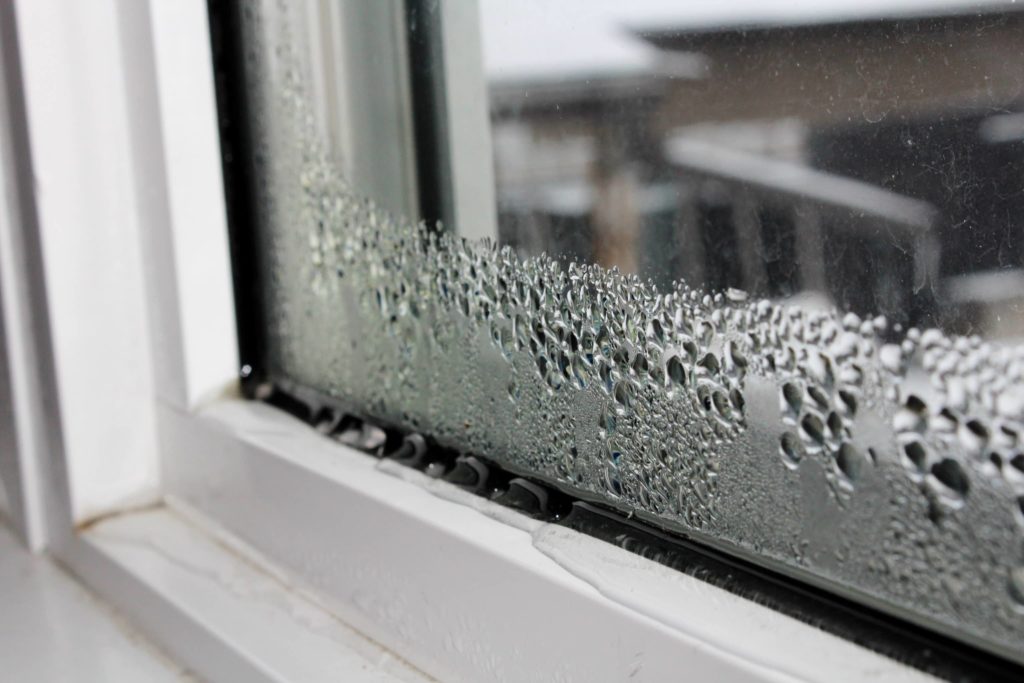If you’ve been researching glass windows for your home or business, you’ll often come across the term ‘window glazing’. You then may read about single glazing, double glazing, even triple glazing. For a novice, this terminology might sound a little confusing.
What happened to the standard glass window?
What is glazing?
The word glazing refers to the glass that is installed in the window frame (the term is also used to describe the work done by a glazier). One sheet of glass is a single glazed window, two glass panels create a double glazed window and so on.
There is a misconception that glazing infers a special coating is added to the glass – this is not true.
Which type of glazing is right for you?
The type of glazing you choose for your home will depend on:
- Where you live
- The design of your home
- Building materials
- Size of your windows
- How energy efficient you want your home to be
Of late, the trend has moved towards double glazed windows. Whether it’s to combat rising energy costs, increased noise pollution or to make indoor living more comfortable, double glazing is now a common feature in homes. So, what’s the best long-term option for your property?
Single Glazing Vs Double Glazing
As mentioned above, double glazing is becoming a standard feature in homes. What was once considered too expensive or unnecessary is now seen as a cost-saving sustainable solution.
Single Glazing
Many Perth homes currently feature single glazed windows. This means you’ve got one pane of glass that separates the inside and outside. Typically, a single glazed window is 4 to 6 mm thick – that doesn’t provide very good insulation from the heat or cold. Single pane windows are more susceptible to condensation and will not effectively reduce outside noise levels.
Double Glazing
A home featuring double glazed windows is 20 to 30 times more energy efficient than a home with single glazed windows. As the cost of power continues to rise, it makes sense to look at investing in long-term solutions. But saving on energy costs is just one benefit of double glazing.
Overall, you will enjoy:
- Stable temperatures
- Less disturbance from outside noise
- Reduced condensation
- More protection from intruders
- Less need for heating and air conditioning
How do double glazed windows work?
Double glazing involves two pieces of glass separated by a gap which can vary in size. Depending on your supplier, the gap between the panes of glass may be vacuum sealed or filled with an insulating gas.
The double panes work effectively for all seasons – in the colder months, your double glazed windows will stop heat escaping while in the summer months they will keep the heat out.
If you have single glazed windows, you will notice they feel cold in winter from the inside or can even form a layer of condensation. With double glazed windows, the interior panel remains at room temperature and no condensation will occur.
The double panels also silence outside noise. Imagine eliminating the constant bounce of a basketball or a dog barking. Of course, the thicker the glass panels the more outside noise you can block out.
What windows can be double glazed?
If you do choose double window glazing, you’ll be happy to know that nearly any type of window can be double glazed.
- Fixed windows
- Awning windows
- Sliding windows
- Casement windows
Even interior bi-fold doors or French doors can be double glazed to reduce noise from room to room.
So, if you’re building or renovating and looking for ways to reduce your energy bills – consider the various types of window glazing. Like most energy-saving products, the initial investment will pay itself back over time.
To find out more about your window glazing options, talk to the experts at Action Glass and Aluminium – Western Australia’s biggest independently owned glass company. Contact the team at Action Glass and Aluminium today



















